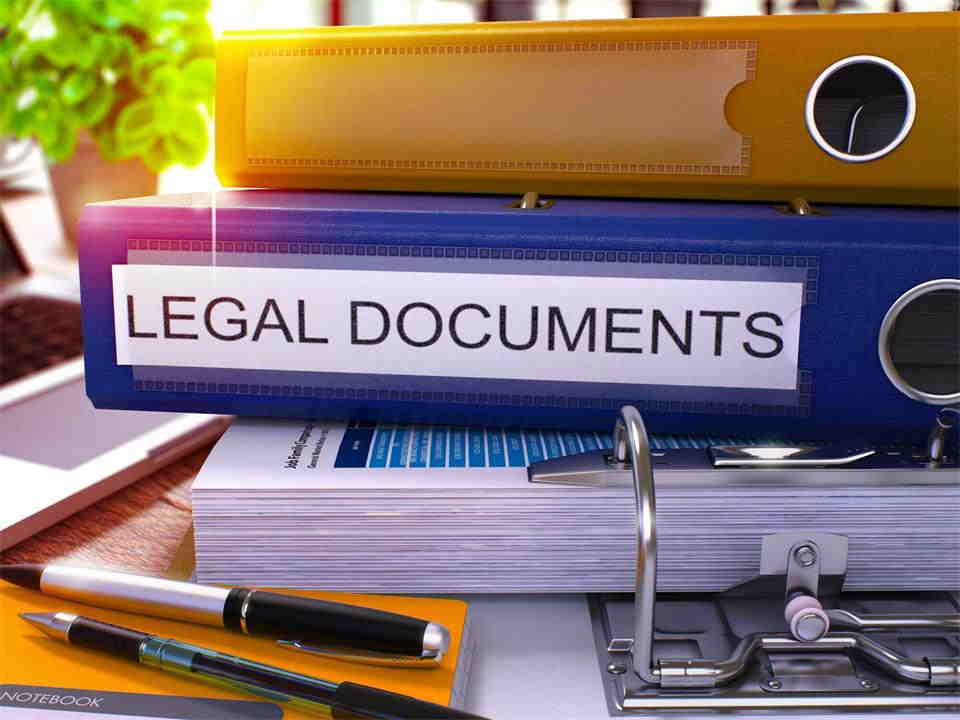Owning property is exciting, but the legal paperwork can be confusing. Every document you sign plays a vital role in protecting your investment and ensuring smooth transactions. From titles to contracts, understanding these papers can prevent costly mistakes and legal issues.
Keep reading to learn which documents matter most and why they’re important.
The Importance of Legal Documents
Legal documents are essential in establishing and protecting property ownership. They define who holds ownership and outline the rights and duties of everyone involved. These documents lay out the terms of the agreement, ensuring that all aspects of the deal are legally binding and well understood.
One of the most important legal documents is the deed, which records the transfer of property ownership. It serves as official proof that one party has given ownership to another. By documenting this transfer, deeds help prevent disputes over who owns the property and clarify the terms of the exchange.
Deeds play a key role in providing security and transparency during property transactions. They ensure that both parties are aware of the terms and conditions involved in the deal. With a deed in place, everyone involved can trust that the transaction is legitimate and that their rights are protected.
Common Legal Documents in Property Transactions
Several important legal documents are necessary for property ownership. The deed transfers ownership and identifies who holds the title to the property. Title insurance protects the buyer in case there are issues with the title, ensuring they are the rightful owner.
Other key documents include the purchase agreement, which outlines the terms of the property sale. Lease agreements are vital for renters, setting out clear rights and duties for both the landlord and tenant. A deed of trust secures a loan by placing a lien on the property until the debt is paid off.
Resolving Disputes with Legal Documents
Legal documents are essential when disputes occur. Whether it’s about property boundaries, ownership, or contracts, having proper documentation is key. Courts depend on these documents to decide who owns what and to understand the terms of agreements.
For example, a well-defined deed helps prevent conflicts over property lines. It shows who owns the property, making it easier to settle disagreements. Solid documentation acts as a reliable reference in court, ensuring fair resolutions.
The Role of Real Estate Attorneys
Hiring a real estate attorney can make handling property ownership documents easier. They help prepare, sign, and record all necessary documents correctly. Attorneys review contracts to find any issues that could cause trouble later.
Having an attorney on your side gives you confidence when dealing with property matters. They offer expert advice and help you understand complex legal terms. With their guidance, you can avoid costly mistakes and make better decisions.
Mastering Property Ownership: The Key Documents You Need to Know
Legal documents protect your property rights. They can help you avoid expensive disputes. Knowing what each document does puts you in control and helps you make smarter decisions. Stay informed, work with trusted experts, and protect your investment from unexpected risks.
Want more tips to navigate property ownership with confidence? Check out our blog for more insights.






